
OR
Editorial
Winter Session of Parliament Fails to Warm up Hopes
Published On: May 5, 2023 07:30 AM NPT By: Republica | @RepublicaNepal
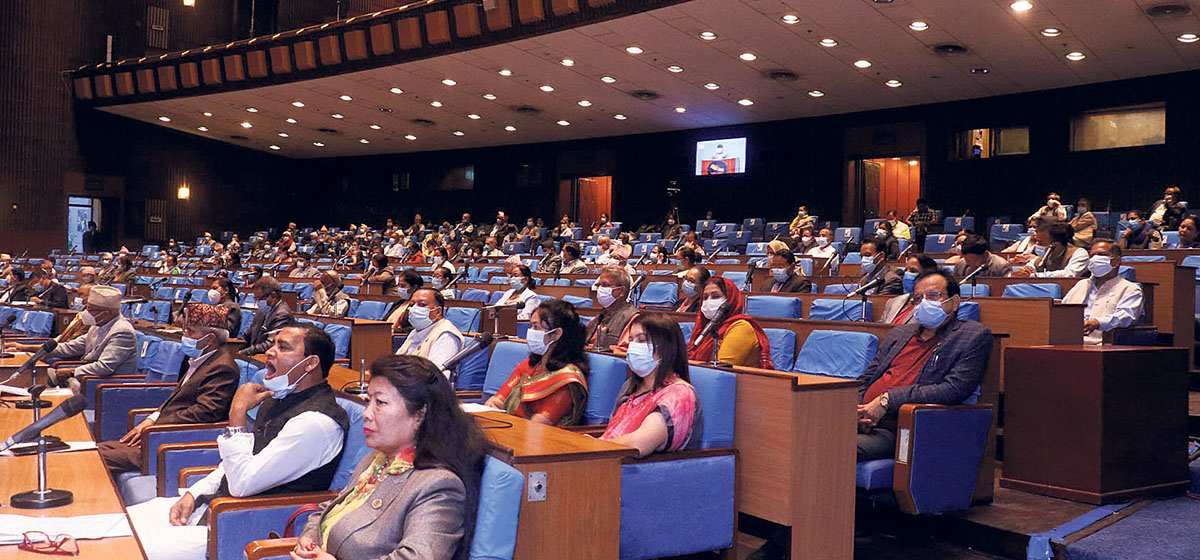
The winter session of the federal parliament was an utter failure. Not a single Bill was passed in the four long months of the session which had begun on January 9. This is an extremely disappointing outcome. The reason for parliament's dysfunction during the entire winter session is crystal clear: the major political parties have no interest in making it function. The federal parliament has numerous Bills to pass, and it cannot afford to be nonfunctional. As the supreme representative body of the sovereign people of Nepal, the responsibility of setting a benchmark for functionality rests on its shoulders.
The Vice President declared the end of the winter session of parliament last Friday since the President was receiving medical treatment in New Delhi, India. The fact that the names of the MPs to be represented in the various committees of the federal parliament were published on the very last day of the session is a stark indication of how poorly the parliament functioned in the last four months. These committees, referred to as 'mini-parliaments,' should have been formed or activated right after the new parliament was elected. It's worth noting that these committees can continue to operate even when parliament is in recess. It is vital to keep these committees active to ensure that the government and other institutions remain on track.
Ironically, the winter session was active in the formation of government. In fact, the Prime Minister had to take a confidence vote twice in the same session, which may be a record in itself in Nepal’s parliamentary history. Despite no change in the Prime Minister, political parties kept shuffling in and out of the government. Rabi Lamichhane, Chairman of the Rastriya Swatantra Party, who earlier lost his MP position due to a controversy over his citizenship, regained his MP status and re-entered parliament on the last day of the winter session.
Despite its (in) activity, the winter session was not immune to controversies. According to the rules, an MP who is absent from parliament for 10 consecutive days must obtain approval for their sick leave, or they will lose their MP position. However, CPN-UML lawmaker Laxmi Mahato Koiri, who is on the police's fugitive list in connection with a case of murder, has not been seen in parliament since giving his vote of confidence to PM Pushpa Kamal Dahal on January 10, yet he remains an MP, albeit suspended. It's worth noting that Speaker Devraj Ghimire, also from the CPN-UML, suspended Koiri only after much criticism and a second letter from the police stating that Koiri was on their absconding list. Despite this, Speaker Ghimire has shown no signs of enforcing the rules and revoking Koiri's MP position. This rule, however, was not followed also in the case of MP Resham Chaudhary in the previous parliamentary term. Chaudhary spent his entire term as an MP in jail! Moreover, the drama surrounding the then-Speaker Krishna Bahadur Mahara welcoming Chaudhary from jail to parliament to give him the MP logo cannot be forgotten. Such anomalies must be addressed by our parliament at the earliest possible opportunity.
It is abundantly clear that the Speaker has failed to rise above partisan interests, as envisaged by the Constitution, not only now but also in the past. The political party, from which the Speaker is elected, along with its MPs, receives preferential treatment in parliament, giving them a "more than equal" status. Speaker Ghimire's handling of the MP Koiri issue is a prime example of this. While the budget session has been called, past experiences lead us to believe that this session will do little more than pass the government's policies and programs, and the budget for the upcoming fiscal year. What we need is for parliament to approve Bills, one after another, but that doesn't seem to be happening in the next session either.
Given the prevailing animosity, conflict, and unhealthy competition among the political parties represented in parliament, it seems safe to predict that the situation will not improve in the next session. Compounding the problem is the fact that no single party has a majority in parliament. The parliament's primary responsibility is to make laws and monitor the government and its activities, and the Prime Minister and ministers are accountable to parliament, both individually and collectively. Unfortunately, they have fallen far short of the urgently needed sense of accountability. The attendance of both ministers and MPs during the winter session was extremely weak, which is a discouraging sign. Democracy is an expensive system of governance, and the cost of running the Nepali parliament is obviously high. However, the results do not justify the investment.
To sum things up, the winter session of parliament was considered worthless from multiple perspectives. The government and the main opposition, the CPN-UML, both have crucial roles in making parliament effective. However, neither party performed well during the session. Needless to say, parliament's ineffectiveness damages not only the government's image but also the political system as a whole.
You May Like This
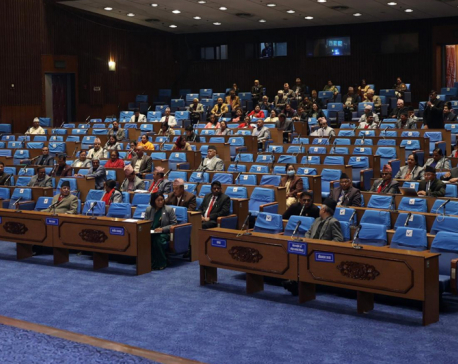
Make functioning of parliament effective
In a democratic country, the highest institution in which representatives are elected by the people is the Parliament. Its main... Read More...
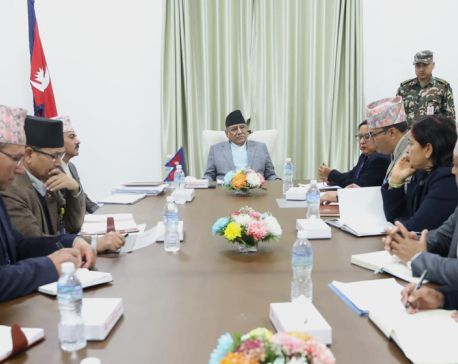
PM Dahal consults with law ministry officials to provide more businesses to the new session of parliament
KATHMANDU, Jan 30: Prime Minister Pushpa Kamal Dahal on Tuesday held discussions with the Ministry of Law, Justice, and Parliamentary... Read More...
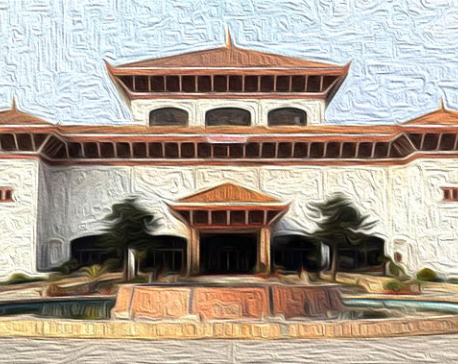
Govt recommends to Prez Bhandari to prorogue winter session
KATHMANDU, March 15: The government has recommended to President Bidya Devi Bhandari to prorogue the ongoing winter session of parliament. Read More...
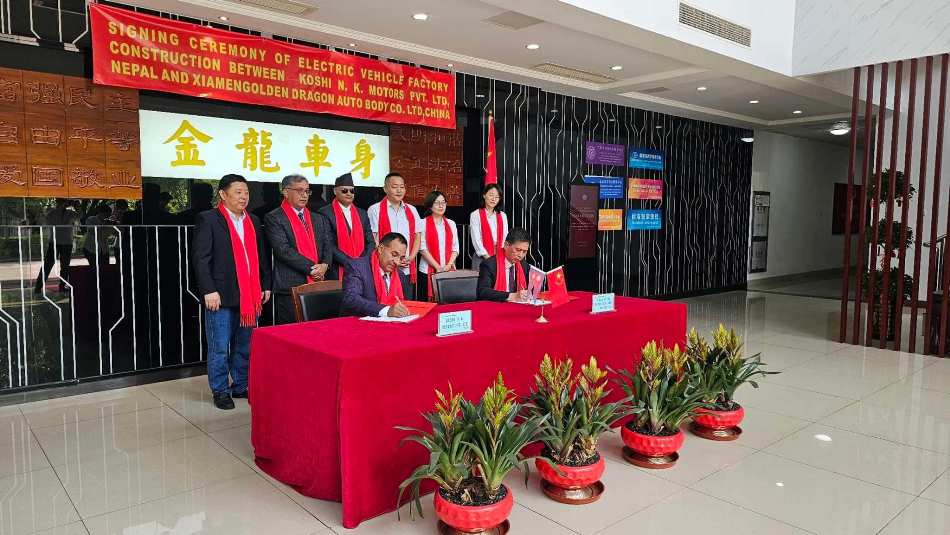
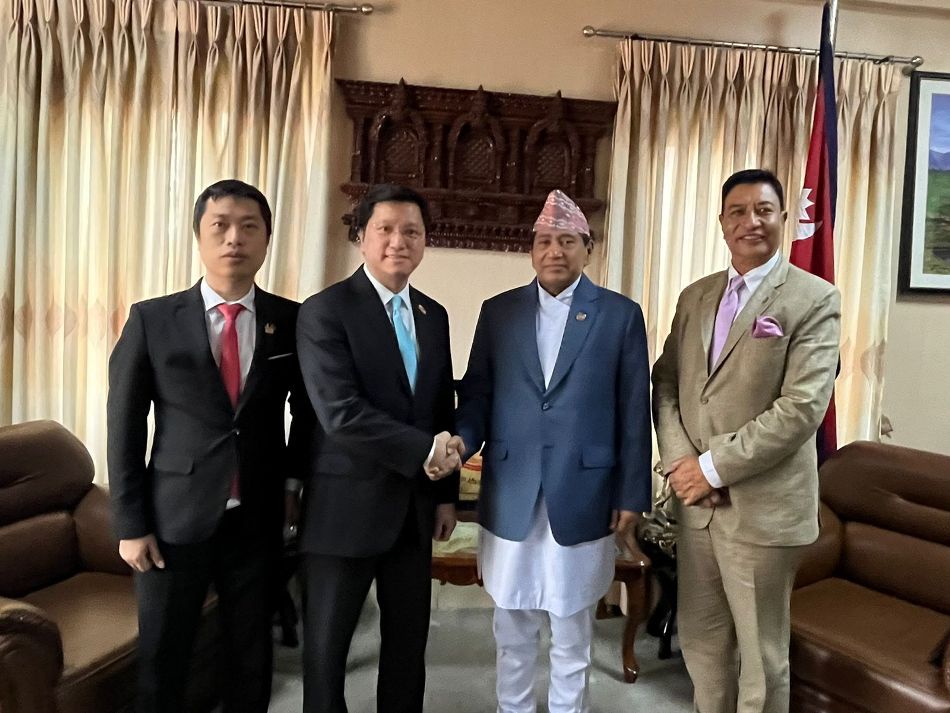

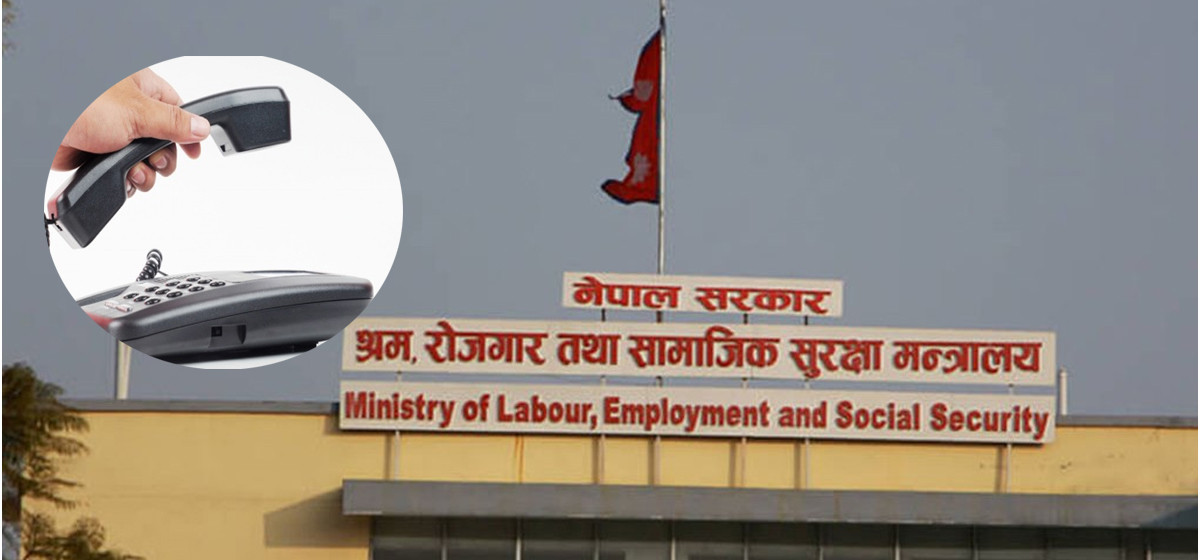
Just In
- Nepal and Vietnam could collaborate in promotion of agriculture and tourism business: DPM Shrestha
- Govt urges entrepreneurs to invest in IT sector to reap maximum benefits
- Chinese company Xiamen investing Rs 3 billion in assembling plant of electric vehicles in Nepal
- NEPSE inches up 0.07 points, while daily turnover inclines to Rs 2.95 billion
- Gandaki Province reports cases of forest fire at 467 locations
- Home ministry introduces online pass system to enter Singha Durbar
- MoLESS launches ‘Shramadhan Call Center’ to promptly address labor and employment issues
- Biratnagar High Court orders Krishna Das Giri to appear before court within one month in disciple rape case



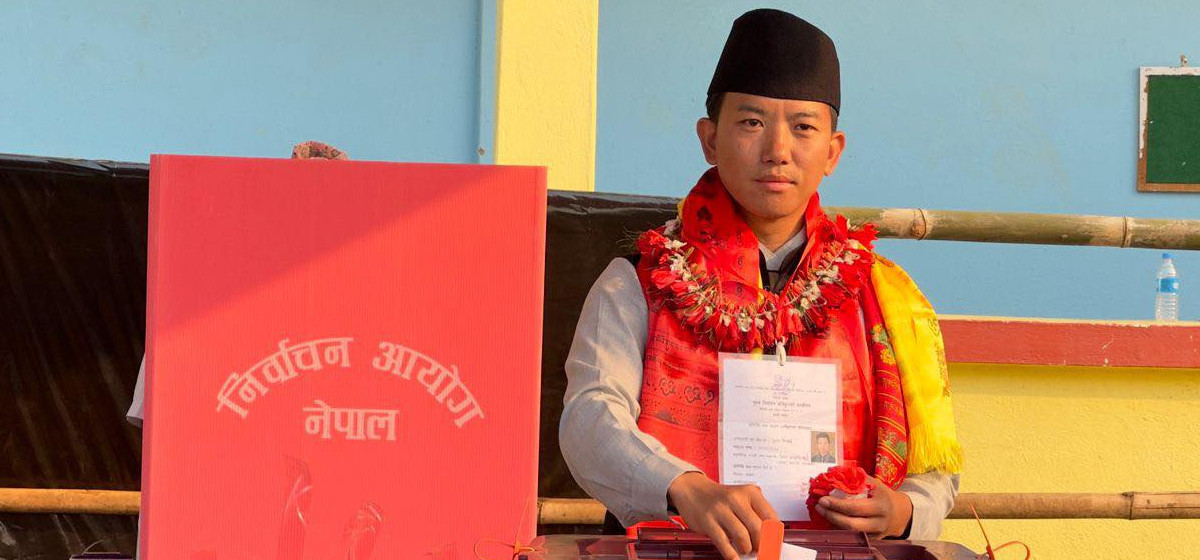
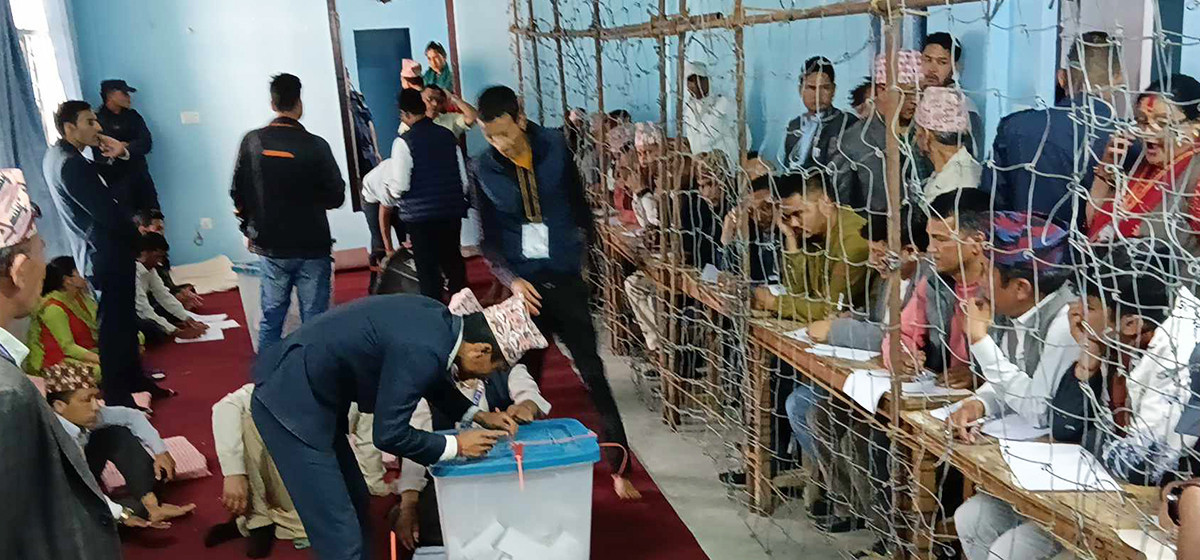
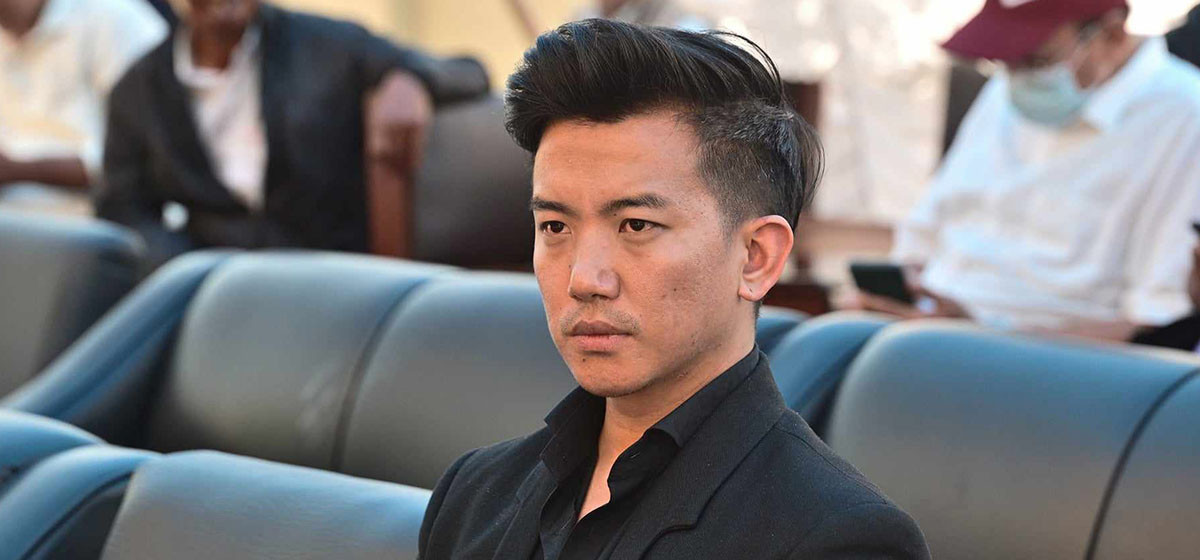
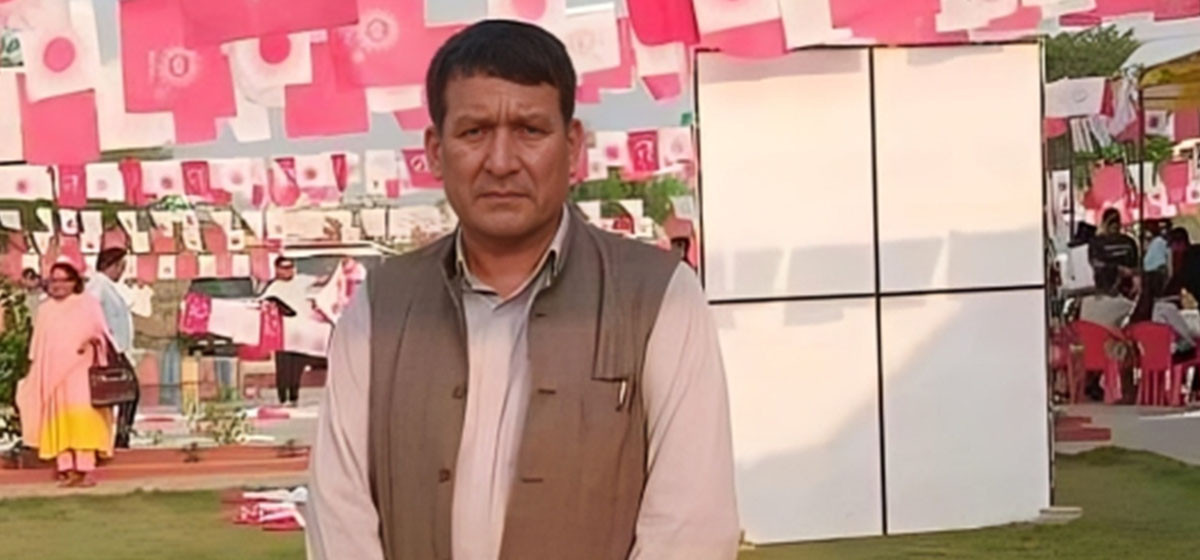
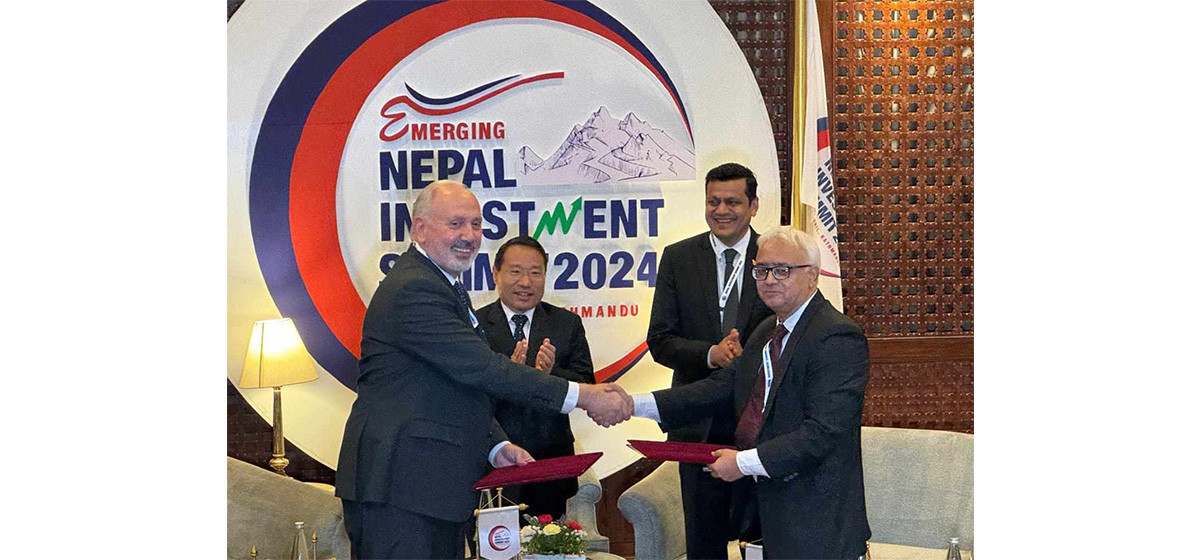
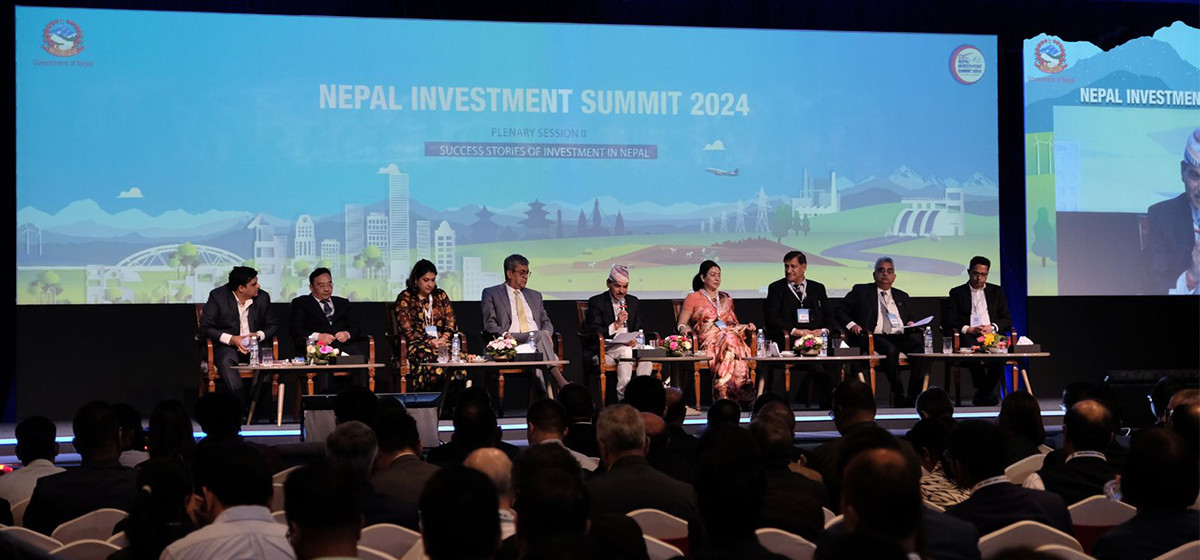


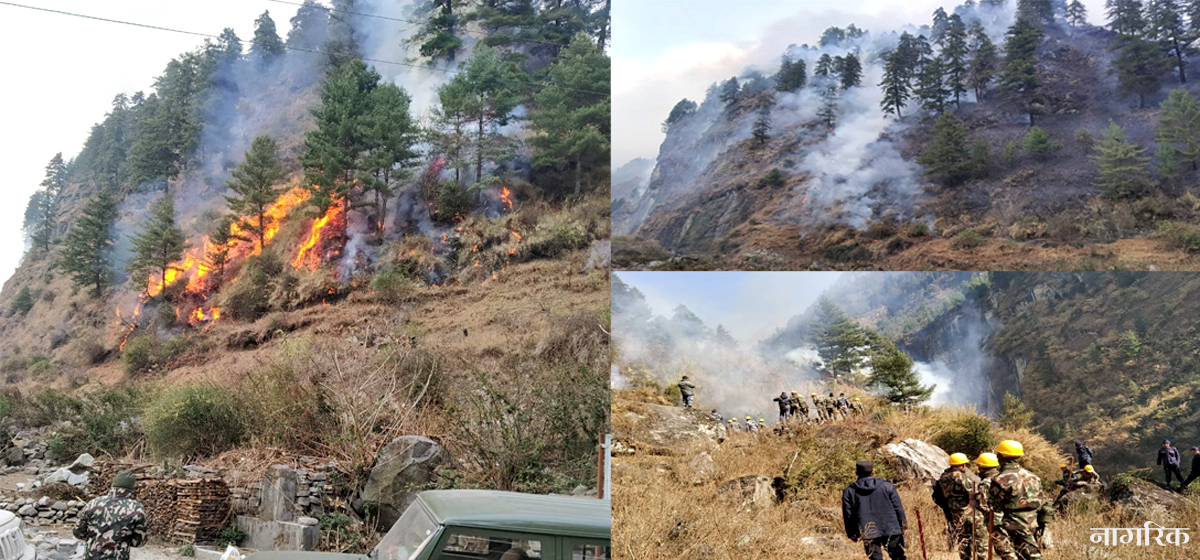
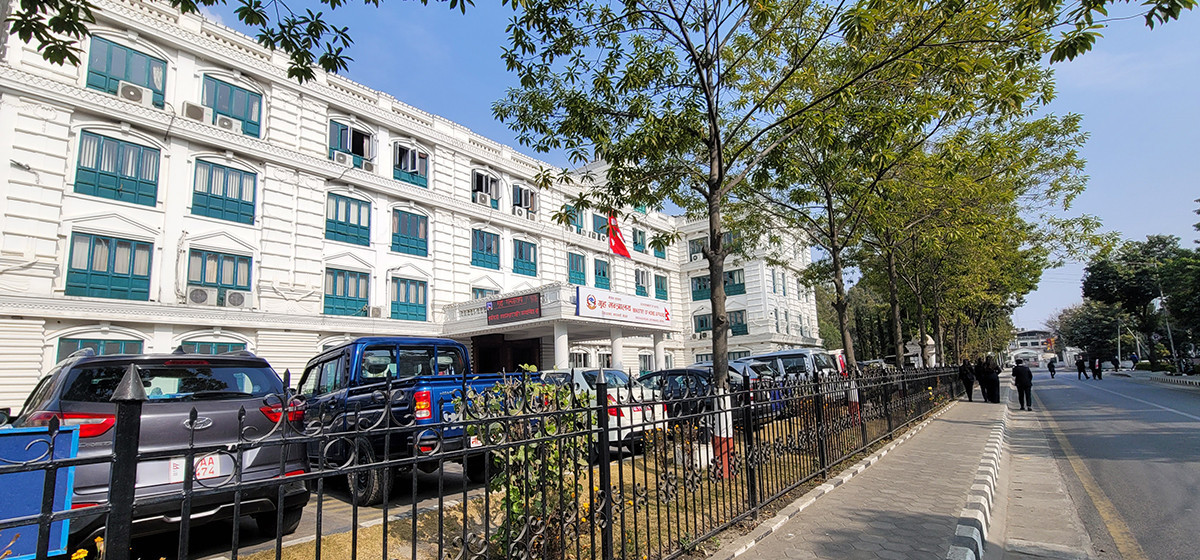
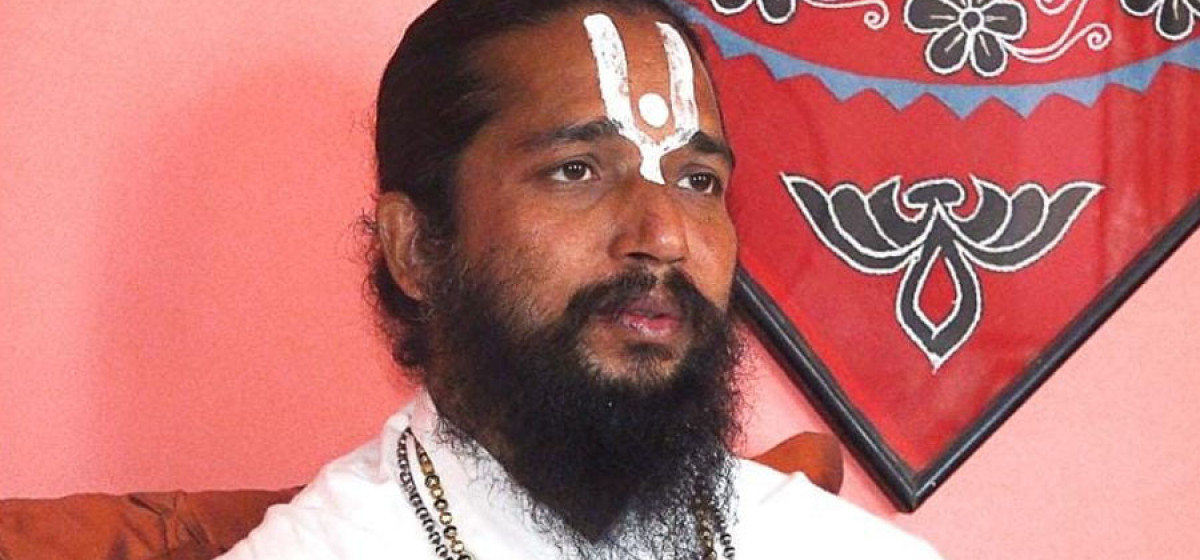
Leave A Comment